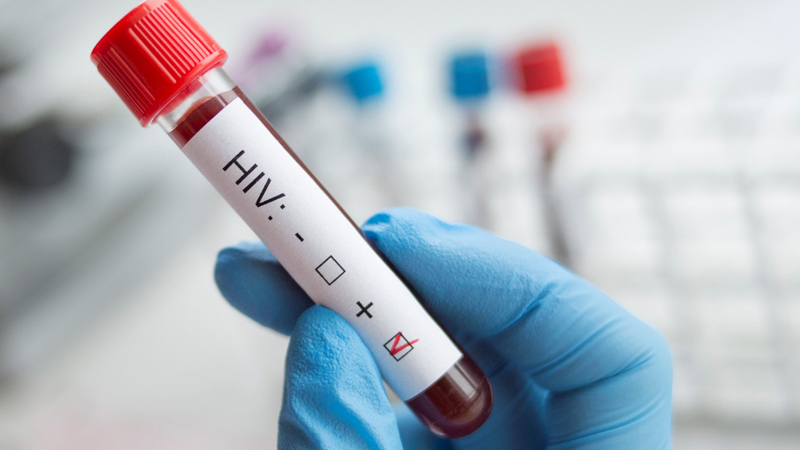Shafaq News/ Up to 6.3 millionpeople could die from AIDS-related illnesses by 2027 if the United States failsto restore suspended humanitarian funding, the Joint United Nations Programmeon HIV/AIDS (UNAIDS) warned.
The funding freeze, announcedby the White House on January 20 and currently under review, is alreadydisrupting critical HIV services globally, especially in Africa, according toUNAIDS Executive Director Winnie Byanyima.
Byanyima flagged collapsingclinic operations, depleted medical supplies, and mass layoffs of healthworkers, projecting as many as 8.7 million new HIV infections by 2027—sharplyup from 1.3 million in 2023—if the suspension continues.
She also urged President DonaldTrump to reverse the decision, referencing former President George W. Bush’slegacy in launching the US-funded PEPFAR initiative, stating, “We urge for areconsideration and an urgent restoration of services – life-saving services.”
The executive director emphasizedthe absence of alternative donors stepping in to close the funding gap, warningthat the consequences would be severe without immediate action.
#VIH/#SIDA « Si l'aide américaine n'est pas rétablie et qu'aucun autre financement ne vient combler ce vide, alors, dans les quatre prochaines années, 6,3 millions de décès supplémentaires liés au sida sont à prévoir. » - @Winnie_Byanyima, Directrice exécutive d'#ONUSIDA pic.twitter.com/WJM9I1LmDC
— ONU Genève (@ONUGeneve) March 24, 2025In eastern and southernAfrica—regions accounting for over half of global HIV cases—young women andadolescent girls remain most at risk, representing over 60% of new infections.
In the Democratic Republic ofthe Congo (DRC), where 520,000 people live with HIV, US support through PEPFARwas expected to provide treatment for at least 209,000 people in 2025. That$105 million allocation now hangs in the balance.
Susan Kasedde, UNAIDS countrydirector in the DRC, reported that hospitals are under strain, supply chainsare faltering, and thousands could lose access to essential care.
The funding freeze aligns withbroader cuts to US humanitarian aid. UNHCR, IOM, and UNICEF have all reportedmajor shortfalls, with refugee support, migrant assistance, and child survivalservices severely impacted in high-risk regions such as eastern DRC.
Beyond Africa, the Middle Eastand North Africa face a rapidly growing HIV crisis. Frontline AIDS reported a116% surge in cases since 2010, including a 600% increase in Egypt. The regionreceived just 1% of global HIV funding in 2023 and operates on only 15% of theneeded resources.
“The region risks being leftbehind,” said Golda Eid, programme lead at Frontline AIDS. “There is still anopportunity to save lives and build a future free from AIDS, but the time toact is now.”
Meanwhile, Mohammed ElKhammas, head of international actions at the organization, warned that limitedtesting and persistent stigma are likely obscuring the full scale of theepidemic.
Globally, UNAIDS estimatesthat 40 million people are living with HIV. In 2023 alone, 630,000 people diedfrom AIDS-related illnesses. The agency called on governments and internationaldonors to increase funding and adopt national strategies to combat stigma anddiscrimination.
Read More Details
Finally We wish PressBee provided you with enough information of ( UNAIDS: HIV deaths to surge without US funding )
Also on site :
- Two Minors Admit to Felony Charges following Bomb and Shooting Threat at Ventura High School
- 2000s Rock Icon Makes Jaw-Dropping Career Move & Fans Are Here for It
- Dick Van Dyke, 99, and Wife Arlene Silver, 53, Still Have 'Plenty of Spark'

